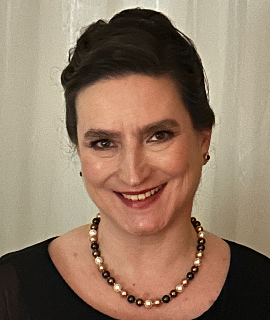Title : The role of artificial intelligence (AI) in oncology
Abstract:
Artificial Intelligence (AI) has emerged as a transformative force in oncology, offering unparalleled potential to revolutionize cancer care. By leveraging advanced algorithms and machine learning models, AI enhances every phase of the cancer care continuum—from early detection and diagnosis to treatment planning and post-treatment monitoring.
In diagnostics, AI-powered image recognition systems enable rapid and accurate analysis of radiological and pathological data, improving detection rates for cancers such as breast, lung, and skin. Predictive algorithms analyze genetic, clinical, and demographic data to identify high-risk populations, facilitating personalized screening programs.
AI’s role in treatment is equally groundbreaking. Predictive models guide oncologists in selecting the most effective therapies by analyzing large datasets of clinical outcomes, genomic profiles, and real-time patient data. This individualized approach minimizes adverse effects and optimizes therapeutic outcomes. Furthermore, AI-driven tools assist in radiotherapy planning by automating target delineation and optimizing dose delivery.
In clinical research, AI accelerates drug discovery and trial design by identifying potential drug targets and predicting patient responses. Natural language processing (NLP) facilitates the synthesis of vast scientific literature, ensuring oncologists stay abreast of emerging evidence.
Beyond the clinic, AI enhances survivorship care by monitoring patients remotely through wearable devices and mobile health applications, providing real-time feedback and early detection of recurrence. However, challenges remain, including ethical considerations, data security, and the need for transparency in AI decision-making processes.
This abstract explores the transformative role of AI in oncology, emphasizing its ability to personalize care, improve efficiency, and enhance outcomes. By addressing challenges and fostering interdisciplinary collaboration, AI has the potential to redefine the future of cancer care.



